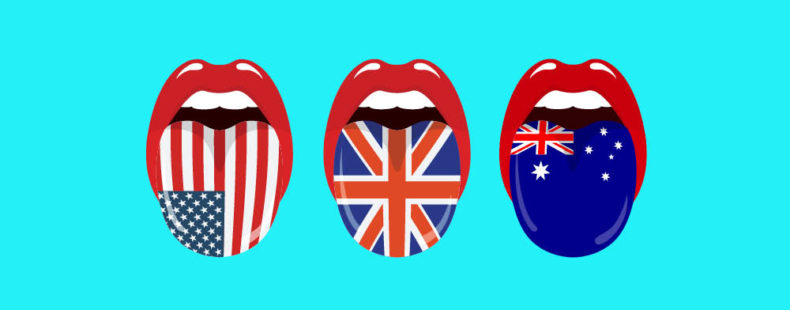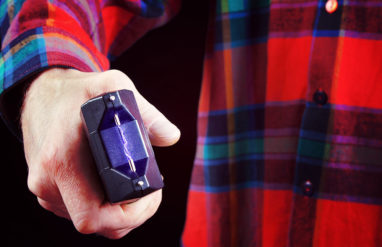American, Australian, and UK (British) English sometimes feel like apples and oranges … and bananas? The real kicker comes when a juxtaposition of all three languages occurs (like, well, in this here slideshow), because that’s when their differences really shine.
WATCH: What Does "Juxtaposition" Actually Mean?
Let us help you sort out some of the differences, bold and subtle, so that you’re not in for a stunned mullet when traveling abroad. (Believe us, you’ll want to know what that is before you say it!)












































